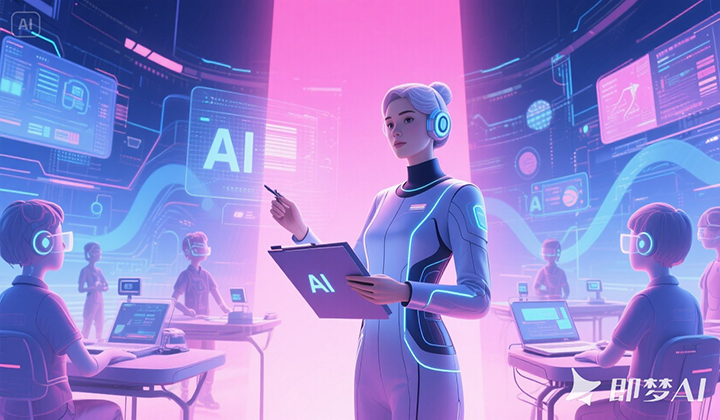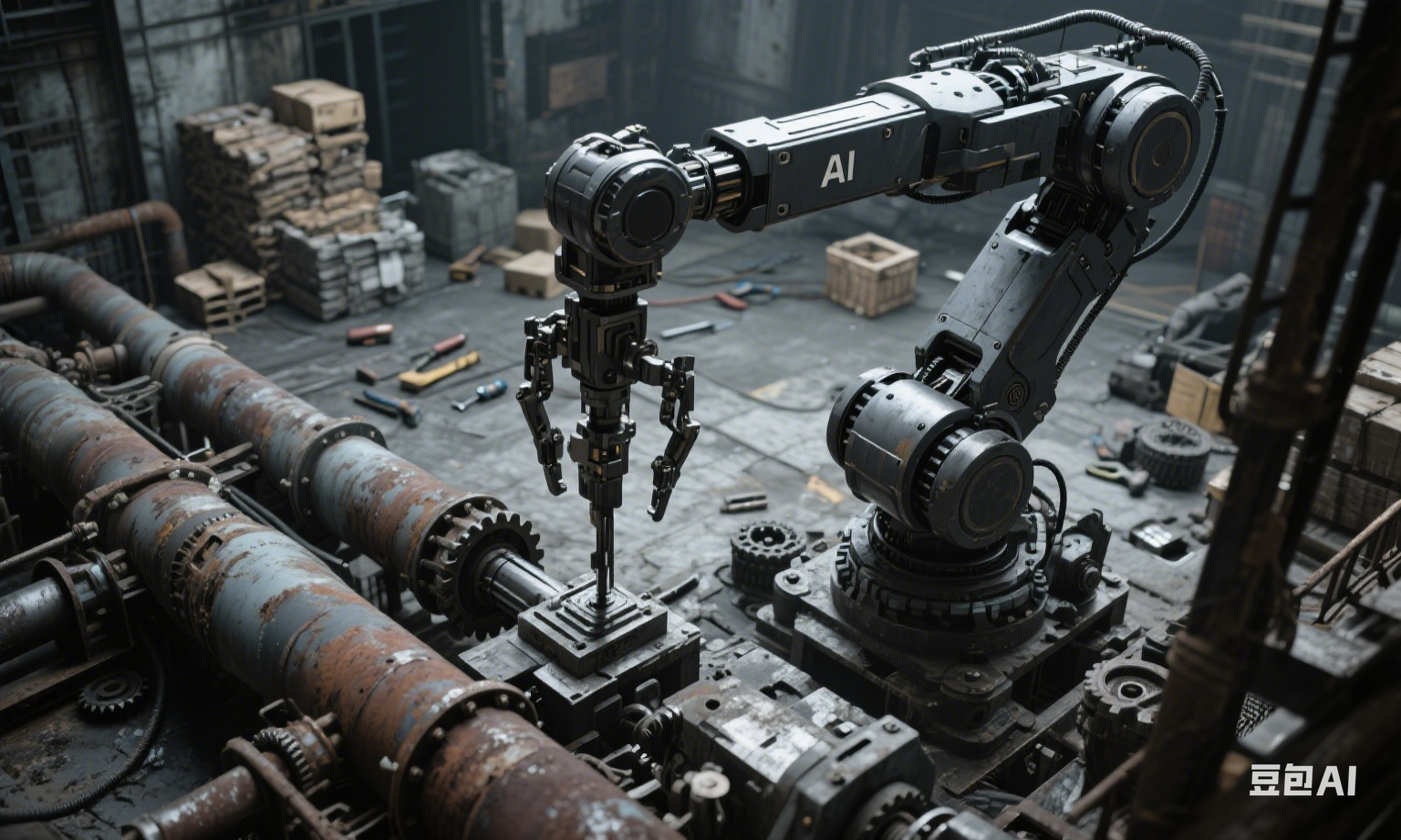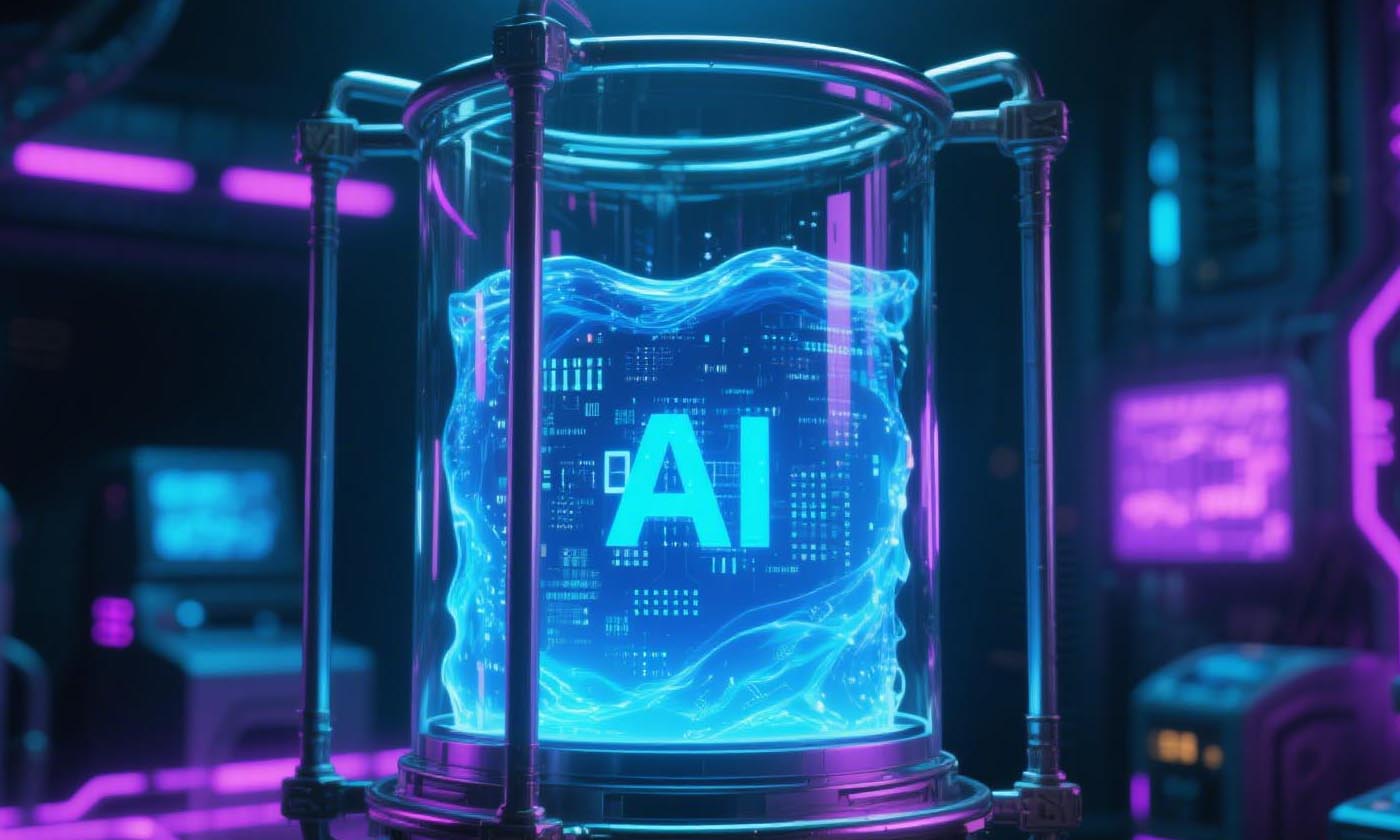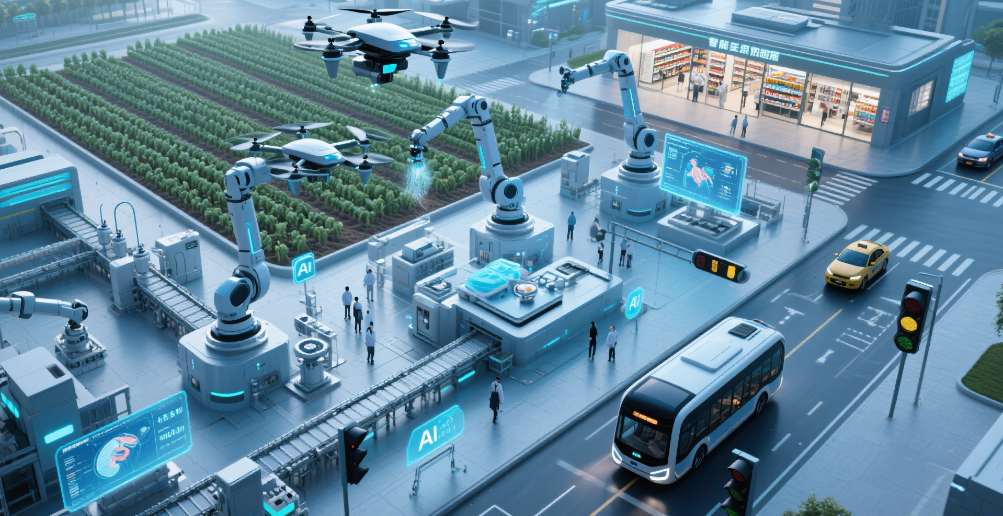AI Agents: Leading the New Trend of Sustainable Hardware Development
-
Precision Sensing Core: The 25mm×45mm eighth - generation intelligent module integrates multimodal sensors. In complex industrial environments, it can monitor data such as device energy consumption, temperature, and operating status in real - time with an accuracy of 98%. With an ultra - fast response of 0.2 seconds, it can instantly capture device states. With over 800 built - in energy - saving strategy templates, even when the network is interrupted, the cooling equipment in data centers can adjust power according to preset rules, and agricultural sprinkler systems can maintain basic water - saving irrigation, ensuring that energy - saving measures continue uninterrupted.
-
Adaptive Optimization Algorithms: Dynamic optimization algorithms based on big data and machine learning can complete industry adaptation within 24 hours. In the energy sector, they automatically analyze grid loads and electricity price fluctuations, and start charging energy storage devices during off - peak electricity consumption periods. In the agricultural sector, combined with meteorological data and crop growth cycles, they accurately calculate the amount of irrigation water. In the office environment, they intelligently adjust lighting and air - conditioning according to human activity, increasing the average resource utilization efficiency by 35%.
-
Low - Cost Upgrade Solutions: Universal Adapt 2.0 technology is compatible with 98% of traditional device interfaces. Enterprises can upgrade ordinary air conditioners into “intelligent energy - saving terminals” in just three weeks, reducing R & D costs by 60%. After implementation in a large office building, annual power consumption decreased by 22%, and equipment maintenance costs decreased by 30%.
2. Scene Greening: The Shift of Hardware from “Extensive Use” to “Fine - grained Operation”
AI agents drive the sustainable development transformation of hardware in different fields:
-
Energy Field: After smart meters are equipped with Ptalk modules, they become “energy management experts”. They monitor the electricity consumption data of households or enterprises in real - time, analyze electricity consumption habits, and generate energy - saving reports, such as “The power consumption of your air conditioner from 19:00 - 21:00 every day accounts for too much. It is recommended to raise the temperature by 2°C”. By collaborating with smart home appliances, they automatically reduce the power of non - essential devices during peak electricity consumption hours, reducing the average monthly electricity consumption of households by 18% and the energy costs of enterprises by 25%.
-
Agricultural Field: After AI agents are embedded in smart irrigation equipment, it upgrades from “timed irrigation” to “water supply on demand”. Soil moisture sensors collect data in real - time. Combined with weather forecasts and crop water demand models, the system automatically adjusts the irrigation time and water volume. When it rains, the system automatically pauses irrigation. When it detects that the soil in a certain area is too dry, it precisely increases the local water supply. The water - saving efficiency is increased by 40%, and at the same time, the average crop yield is increased by 15%.
-
Office Field: Traditional office equipment is upgraded to “intelligent green terminals”. The intelligent lighting system automatically adjusts the brightness according to the intensity of natural light and the position of people, and turns off the lights in unoccupied areas. The intelligent printer analyzes the file type and usage frequency, optimizes the printing settings, and reduces paper and consumable waste. When an employee gives the command “Enable eco - mode”, all devices can be linked to enter the energy - saving state, reducing the overall energy consumption of the office area by 20%.
3. Ecological Collaboration: Building a Sustainable Hardware Development Network
Ptalk AI promotes the evolution of hardware from single - point energy conservation to systematic collaboration through an open ecological platform:
-
Zero - Code Green Development Platform: Eco Agent Builder supports visual operations. Enterprises and developers can create exclusive energy - saving agents, such as “data center energy consumption optimization assistants” and “park energy dispatch agents”, within five hours, reducing development costs by 80%. The platform adds more than 3,000 new green applications on average per month.
-
Full - Lifecycle Device Management: Blockchain technology is used to record the whole - process data of hardware from production, use to recycling, ensuring traceable material sources and recorded device maintenance. When the device reaches the end of its service life, the system automatically pushes a recycling plan, guiding enterprises to disassemble components and reuse resources, increasing the hardware resource recovery rate by 35%.
-
Cross - Domain Data Sharing and Collaboration: Industry - wide unified data standards and interface protocols are established to achieve data interoperability among energy equipment, agricultural facilities, and office systems. For example, data from meteorological departments can be shared with agricultural and energy enterprises, helping agricultural equipment adjust irrigation strategies in advance and energy enterprises optimize power generation plans, increasing the overall social resource collaboration efficiency by 28%.
Conclusion: Opening a New Era of Sustainable Hardware Development
From hardware devices that simply pursue function realization to sustainable terminals with green intelligent decision - making capabilities; from isolated energy - saving measures to systematic ecological collaboration networks—Ptalk AI’s practice shows that sustainable hardware development has become an inevitable trend. When every hardware device can intelligently perceive the environment, optimize resource utilization, and collaborate with other devices to build a green ecosystem, we can not only reduce energy consumption and environmental pollution but also reshape the relationship between humans, hardware, and the environment.
In an era of increasing environmental awareness, Ptalk AI is turning the vision of sustainable hardware development into reality through technological innovation and ecological empowerment. Future hardware will no longer be a synonym for resource consumption but an active promoter of green development, contributing to the construction of a sustainable digital world.












